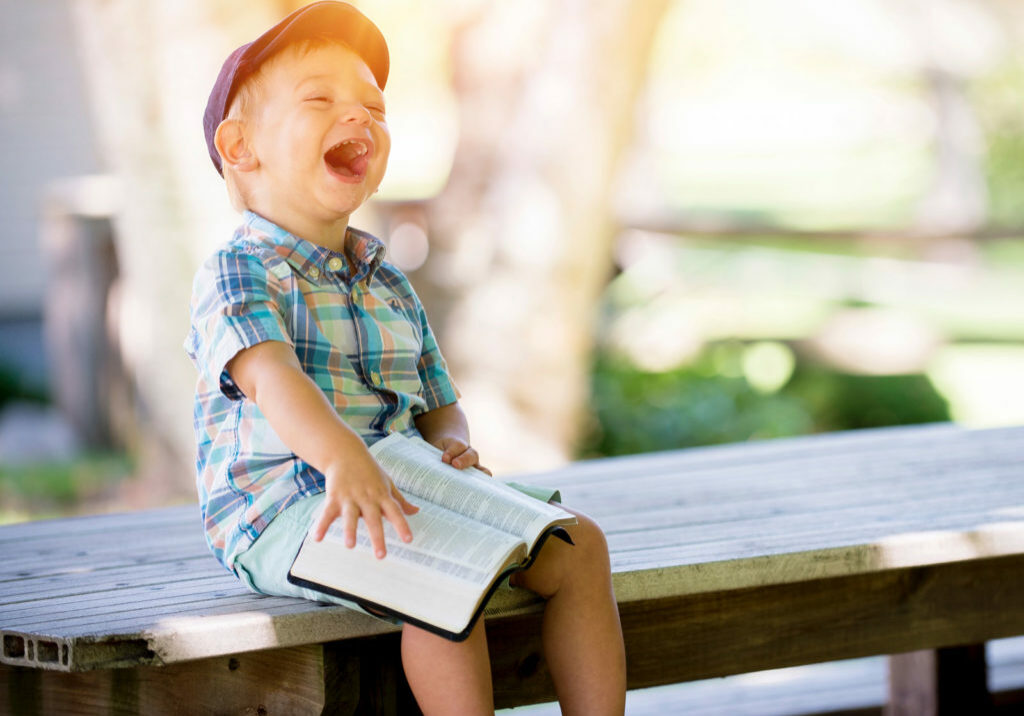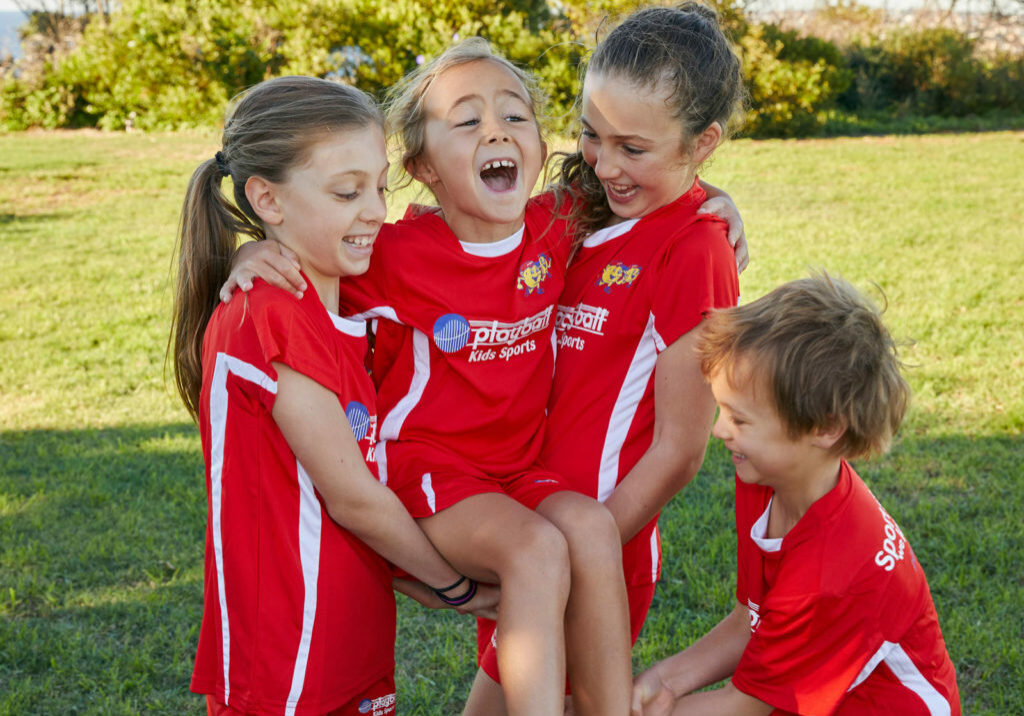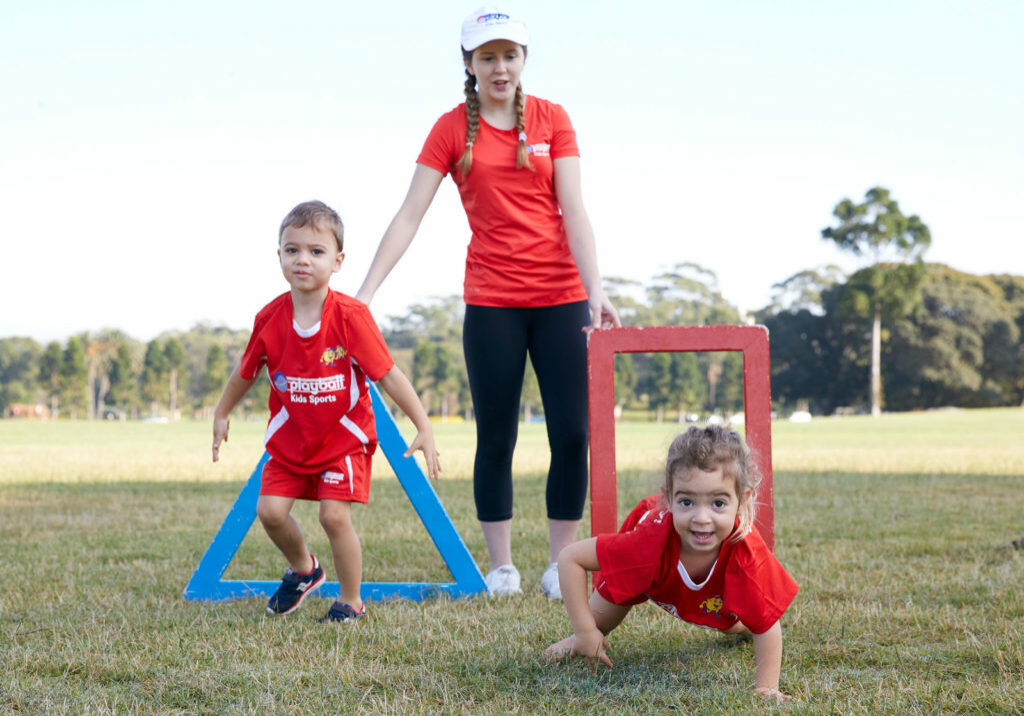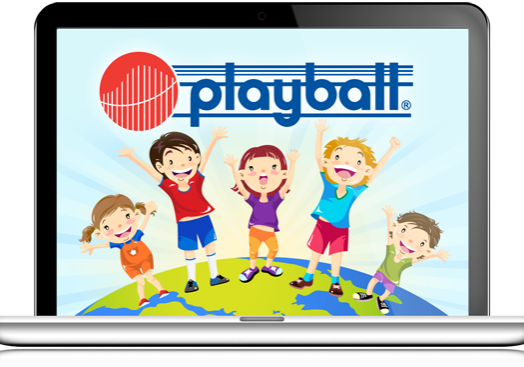Physical Education can be the starting point for Australian Families wanting their children to be well balanced with the life skills necessary to succeed. Lisa Statham shares her thoughts on how a healthy body and positive approach to physical games can feed a child’s brain and set them up for life.
We hear a lot of parents saying their child is ‘sporty or academic or creative’ but what if a child could be all of these wonderful things, all at once? Bringing up a well- balanced child means that they have been given opportunities to develop life skills in a variety of different settings – ones which feed and nurture their desire to learn. We know that children learn best through having fun, when learning is meaningful to them. Physical, hands on activities are the very best way to open up doors of opportunity for children to learn and connect personally to their world. Programs like ‘Playball’ are key because they take a refreshing new approach to opening up these opportunities to provide foundations necessary for learning. Rather than the focus being on how well a child succeeds at a given sport from the start, emphasis is placed on something far more important – how the simple act of participation leads to the development of skills needed to enrich all areas of life. A child’s personal, social and emotional wellbeing is the core influence for learning – it’s the catalyst for greater things to come down the track. It’s imperative that children feel like they can contribute to a sport or physical activity, in an environment where they feel comfortable to progress at their own level and pace.
The idea from an academic point of view, is that children use and apply the same principles learnt from sports participation, to their studies. So, let’s look at the benefits which contribute so much to a child’s overall wellbeing:
TEAMWORK
A team cannot achieve their goals without working together and communicating effectively. Working as a team provides children with an important sense of belonging as well as opportunities to extend social circles, through making new friends. Teamwork is a wonderful skill to carry on throughout childhood into adulthood and future careers.
CONFIDENCE
Receiving encouragement and support from other team mates does wonders for a child’s self- esteem, as they learn that their contribution is valued. Mastering skills in sport and physical activities is an effective way to build upon a child’s confidence in their abilities, helping them to set goals and become risk takers in new situations.
RESILIENCE
Whether part of a team sport or an individual activity, children develop key skills and attributes through winning and losing and learning from their mistakes. Learning to cope with losing and continuing on to try again is how children will build character in a competitive world. They will be better equipped to deal with disappointment or failure, making them more ‘psychologically resilient’. Resilience is a wonderful trait for children to have as they face new challenges in all walks of life.
DEDICATION
Dedication is important for children to develop as it will help them to achieve more and build upon skills in many different areas. As children show commitment to a particular sport or activity, they are putting time and effort into pursuing something through to the end, seeing results and feeling pride in their achievements. If a child shows dedication in one particular area, then they are more likely to apply this attribute to other areas of life, including their studies.
PATIENCE
Patience plays a large role in the activities or sports children get involved in. In order for children to become better at something they will most likely have to practise, which takes patience. Having the ability to control emotions is a life skill that will give children an advantage when it comes to facing other life challenges.
RESPECT
Following rules and accepting decisions that may not lie in your favour are all part of participating in a sport. Listening to others, working as part of a team and taking direction from others contribute to good sportsmanship. Realising that there are consequences to bad behaviour or rules being broken is important for children to acquire respect for others, including their elders.
Our education system categorises ‘areas of learning,’ and will assess children accordingly… but in reality, the way our children perform academically, derives from the life skills they have obtained – the skills necessary to apply learning and knowledge through their experiences. For example, if a child has the ability to show dedication towards a particular activity, then they are much more likely to achieve a higher goal and reach a new potential in the classroom. If a child can work successfully as a team, then they are much more likely to broaden their knowledge through the perspectives and ideas of others.
Exercise shapes our muscles, bones and organs but it also strengthens key areas of the brain, tapping into academic and personal, social and emotional wellbeing. It is this relationship between the body and the brain that we need to nurture and perceive as one. Physical activities like the ones practised in Playball, adhere to a child’s social and emotional wellbeing, therefore they impact on all aspects of life and contribute to what we may define as successful, well rounded individuals. There is no doubt that developing skills for life through physical activity positively impacts on the adults that our children will one day become.
Lisa Statham, Early Years Academy






